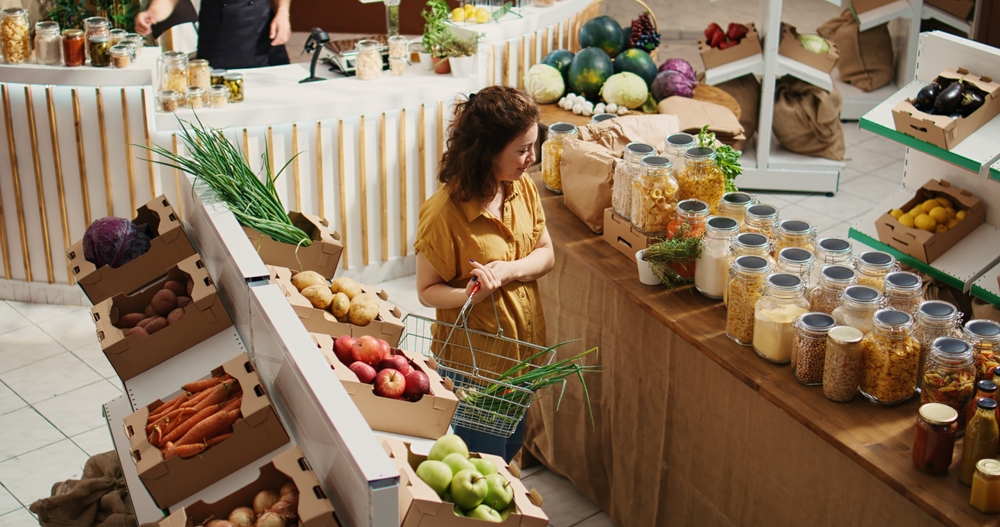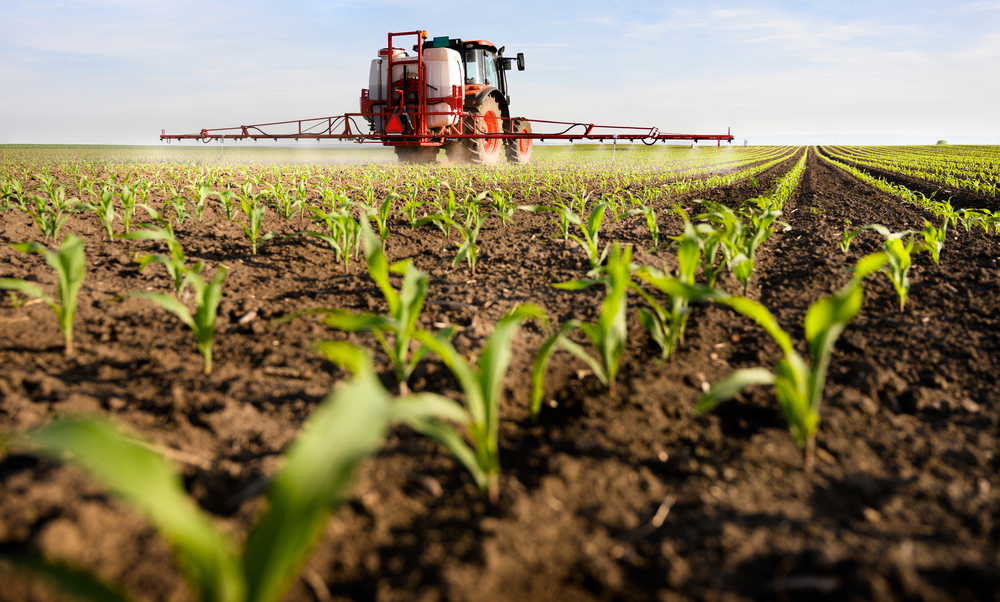As consumer demand for organic food continues to rise, so does the need for food manufacturers, suppliers, agents, and brokers to ensure they are meeting stringent food safety standards.
Organic food products are often marketed as healthier and more natural alternatives to conventional foods, but they still require careful handling, especially when it comes to the use of preservatives.
In the UK, adhering to food safety laws is crucial to maintaining the integrity of organic products and ensuring consumer trust.

The organic food market: a growing trend
The organic food market in the UK is thriving, with the sector worth £3.1 billion as of 2022, representing a year-on-year growth of 12.6%. This growth is driven by consumers’ increasing awareness of health, sustainability, and environmental issues.
However, the organic label brings with it certain expectations, including minimal use of synthetic additives and preservatives. This poses unique challenges for food safety, as organic products are more susceptible to spoilage without the use of conventional preservatives.
Food safety in organic food products
Food safety is paramount in the production and distribution of organic foods. Organic food is subject to the same rigorous safety standards as non-organic food, but with additional constraints.
For instance, the use of synthetic preservatives is highly restricted. In the UK, preservatives allowed in organic foods are limited to those listed in the EU Organic Regulation (EC) No 834/2007 and its implementing rules. These include natural preservatives like ascorbic acid (vitamin C) and citric acid, but the use of synthetic preservatives like sodium benzoate is prohibited.

Manufacturers must therefore employ alternative methods to preserve organic foods, such as:
- Cold storage: Keeping organic foods at low temperatures to slow microbial growth.
- Vacuum sealing: Removing oxygen from packaging to prevent oxidation and spoilage.
- Use of natural preservatives: Incorporating natural substances that inhibit bacterial growth, such as vinegar or salt.
Compliance with UK Food Safety Laws
UK food safety laws are among the most stringent in the world, and they apply equally to organic and non-organic foods. The Food Standards Agency (FSA) oversees food safety in the UK, ensuring that all food products, including organic, are safe, hygienic, and correctly labelled.
To comply with UK food safety laws, food manufacturers, suppliers, agents, and brokers involved in organic food must:
1. Adhere to Organic Food Certification Requirements:
All organic food products must be certified by an approved organic control body. This certification ensures that the products meet strict organic standards, including limitations on the use of synthetic chemicals and preservatives.
2. Implement robust Food Safety Management Systems:
Following Hazard Analysis and Critical Control Points (HACCP) principles is essential. HACCP involves identifying potential hazards in the production process and implementing measures to control these risks. For organic foods, this might include additional steps to manage the risk of spoilage due to limited use of preservatives.
3. Stay informed on regulatory updates:
The regulatory landscape is constantly evolving. For example, after Brexit, the UK developed its own set of organic regulations, which closely mirror EU regulations but may diverge in the future. Staying informed of these changes is crucial for compliance.

4. Maintain transparency in labelling:
Organic products must be accurately labelled, reflecting their organic status and any preservatives used. Mislabeling can lead to severe penalties, including product recalls and fines.
There are over 5500 organic farms and processors in the UK, all of which must comply with strict certification standards to market their products as organic.
Ensuring food safety in organic food production is a complex but essential task for food manufacturers, suppliers, agents, and brokers. The limited use of preservatives in organic products necessitates alternative preservation methods and strict adherence to UK food safety laws.
By implementing robust food safety management systems, staying up-to-date with regulatory changes, and ensuring transparent labelling, industry stakeholders can protect consumer health and maintain the integrity of the organic label.
As the organic food market continues to grow, so too does the responsibility to ensure that these products are safe, sustainable, and meet the high standards expected by consumers and regulators alike.

